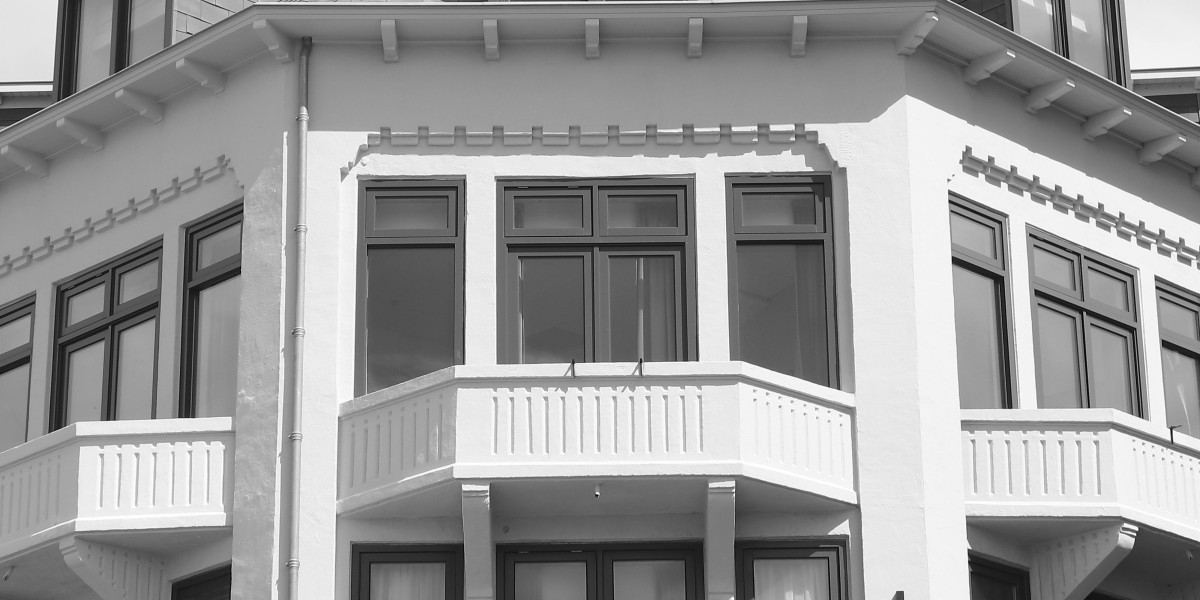Renting a house often means sharing your living space with other tenants, which can sometimes lead to conflicts or concerns. Knowing the proper procedure for handling these complaints can help maintain a peaceful and harmonious living environment. Let’s explore the steps involved in addressing tenant complaints effectively.
Importance of Addressing Tenant Complaints
Tenant complaints are not just about resolving conflicts Separate Houses For Rents In Lahore; they are crucial for maintaining a safe and comfortable living space for everyone. Ignoring complaints can lead to a toxic living environment, so it's essential to address them promptly and effectively.
Common Types of Complaints
Tenants may have various complaints about their neighbors, ranging from noise disturbances to safety concerns. Understanding the common types of complaints can help in identifying and addressing them efficiently.
Understanding the Complaint Procedure
Initial Steps
When a complaint arises, the first step is to identify the issue clearly. This involves understanding the nature of the complaint and gathering relevant information.
Documentation
Proper documentation is vital for substantiating the complaint. This includes keeping records of incidents, communications, and any actions taken.
Communication with Landlord
Once the complaint is documented, it's time to communicate with the landlord. This involves presenting the complaint in a clear and concise manner and discussing possible resolutions.
Types of Complaints
Noise Complaints
Noise is one of the most common complaints in rental properties. It can range from loud music to late-night parties and can significantly disrupt other tenants' peace.
Cleanliness and Hygiene
Issues related to cleanliness, such as overflowing trash or poor hygiene practices, can cause discomfort and health concerns among tenants.
Safety and Security
Concerns about safety and security, such as unauthorized visitors or suspicious activities, need immediate attention to ensure the well-being of all tenants.
Disruptive Behavior
Behavior that disrupts the peace, such as aggressive or threatening actions, needs to be addressed promptly to prevent escalation.
Initial Steps for Tenants
Identifying the Issue
Clearly identifying the issue is the first step in the complaint process. Understand what exactly is bothering you and how it affects your living situation.
Attempting to Resolve Informally
Before escalating the issue, try to resolve it informally by talking to the concerned tenant. Sometimes, a friendly conversation can resolve the problem without involving the landlord.
Keeping Records
Keeping detailed records of the issue and any attempts to resolve it is crucial. This documentation will be helpful if the complaint needs to be escalated.
Documenting the Complaint
Importance of Documentation
Documentation provides a clear trail of the issue and the steps taken to resolve it. It is essential for both tenants and landlords.
How to Document Effectively
Document incidents as they occur, including dates, times, and descriptions. Also, keep records of any communications with the tenant and the landlord.
Examples of Documentation
Examples include written complaints, emails, photographs, and witness statements. These can help in substantiating your complaint.
Communicating with the Landlord
When to Involve the Landlord
If informal attempts to resolve the issue fail, it’s time to involve the landlord. Present the documented complaint and discuss possible solutions.
How to Present the Complaint
Present your complaint clearly and concisely. Include all relevant documentation and be specific about the issue and its impact Houses For Rents In DHA Villas.
Follow-Up Actions
After presenting the complaint, follow up with the landlord to ensure that action is taken. Regular communication is key to resolving the issue.
Landlord’s Responsibilities
Legal Obligations
Landlords have a legal obligation to address tenant complaints and ensure a safe living environment. They must investigate and take appropriate action.
Investigating the Complaint
The landlord should investigate the complaint thoroughly, gathering information from all parties involved.
Taking Action
Based on the investigation, the landlord should take appropriate action, which may include mediation, issuing warnings, or even eviction in severe cases.
Possible Outcomes
Mediation
Mediation involves a neutral third party helping to resolve the dispute. This can be an effective way to address complaints without legal action.
Warnings and Notices
For minor issues, the landlord may issue warnings or notices to the offending tenant, outlining the consequences of continued behavior.
Eviction
In severe cases, if the disruptive behavior continues, eviction may be necessary to ensure the safety and comfort of other tenants.
Handling Persistent Issues
Repeated Complaints
If complaints persist, it’s important to keep documenting and communicating with the landlord. Repeated issues may require more serious action.
Escalating the Issue
If the landlord fails to address the complaint, tenants may need to escalate the issue to higher authorities or seek legal advice.
Seeking Legal Advice
For unresolved issues, seeking legal advice can help tenants understand their rights and the best course of action.
Tenant Rights
Understanding Your Rights
Tenants have rights that protect them from harassment and ensure their complaints are addressed.
Protecting Your Rights
Knowing and exercising your rights can help in effectively handling complaints and ensuring a safe living environment.
Resources for Tenant Rights
Various resources are available to help tenants understand their rights, including tenant associations and legal aid organizations.
Tips for Effective Complaint Resolution
Clear Communication
Effective communication is key to resolving complaints. Be clear and concise in your interactions with both tenants and landlords.
Staying Calm and Professional
Maintaining a calm and professional demeanor can help in resolving issues more effectively.
Seeking Support
Don’t hesitate to seek support from tenant associations or legal advisors if needed.
Preventative Measures
Building a Good Tenant Relationship
Fostering a positive relationship with your neighbors can prevent many issues from arising.
Regular Communication
Regular communication with your landlord and neighbors can help in addressing concerns before they escalate.
Respecting Community Rules
Respecting community rules and guidelines can help maintain a harmonious living environment.
Case Studies
Real-Life Examples
Real-life examples of tenant complaints and their resolutions can provide valuable insights.
Successful Resolutions
Examining successful resolutions can help tenants understand the best approaches to handling complaints.
Lessons Learned
Learning from past cases can help in preventing and managing future issues.
Legal Considerations
Local Regulations
Understanding local regulations can help tenants and landlords navigate the complaint process effectively.
Legal Support
Legal support can provide guidance on tenant rights and the best course of action for unresolved complaints.
Knowing When to Take Legal Action
Knowing when to escalate an issue legally is crucial for protecting your rights and ensuring a safe living environment.
Conclusion
Handling complaints about other tenants is an integral part of maintaining a peaceful and harmonious living environment. By understanding the procedure, documenting issues, and communicating effectively, tenants can ensure their concerns are addressed promptly and fairly.
FAQs
1. How should I approach a neighbor about a complaint? Start with a friendly conversation and explain the issue calmly. Most people appreciate direct communication.
2. What if the landlord doesn’t address my complaint? If the landlord fails to act, consider escalating the issue to higher authorities or seeking legal advice.
3. Can I be evicted for making a complaint? No, tenants cannot be evicted for making legitimate complaints. This is protected under tenant rights.
4. What kind of documentation should I keep? Keep records of incidents, communications, photographs, and any relevant documentation that supports your complaint.
5. Is mediation always necessary? Mediation is not always necessary but can be a helpful step in resolving disputes without legal action.









